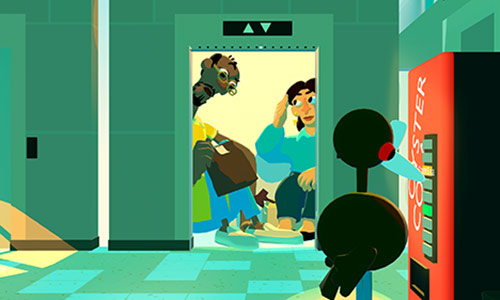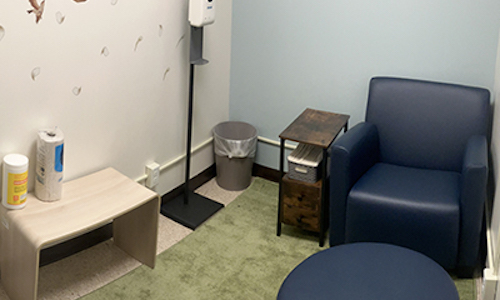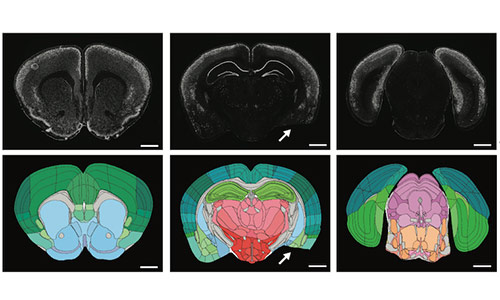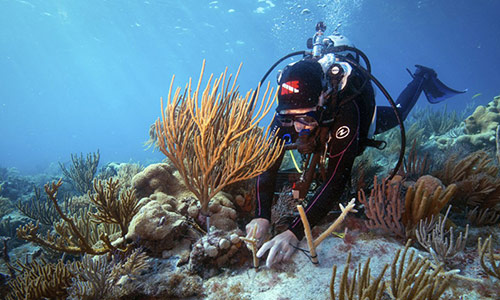TuesdayNewsdayVol. 11 - Issue 24 - March 18, 2025 |  |
|
 The redistribution of nutrients is known as the “great whale conveyor belt,” illustrated by the thousands of humpbacks that travel from a vast area in the Gulf of Alaska to a more restricted area in Hawaii. |
New research shows that whales move nutrients thousands of miles—in their pee and poop—from as far as Alaska to Hawaii, supporting the health of tropical ecosystems and fish. The study calculates that in oceans across the globe, great whales—including right whales, gray whales, and humpbacks—transport about 4,000 tons of nitrogen each year to low-nutrient coastal areas in the tropics and subtropics. |
|
 | Face Jumping, a new virtual reality experience co-created by Samantha Gorman, was on display at South by Southwest 2025. |
|
 | Jennifer Finney Boylan was THI's scholar-in-residence – dialoguing with undergraduates and exchanging ideas with faculty. |
|
 | Across the UC Santa Cruz campuses, nursing mothers now have access to 21 lactation rooms where they can express milk and nurse their babies. |
|
 | As an undergraduate, alum Alec Soronow developed cutting-edge technology that integrates AI to enhance the study of brain function. |
|
 | Scientists, engineers, and advocates gathered at the National Practice Forum on Nature-Based Solutions to advance reef and wetlands restoration. |
|
|
|
|
|
|
|
|
|
|
|
|
|
|
|





